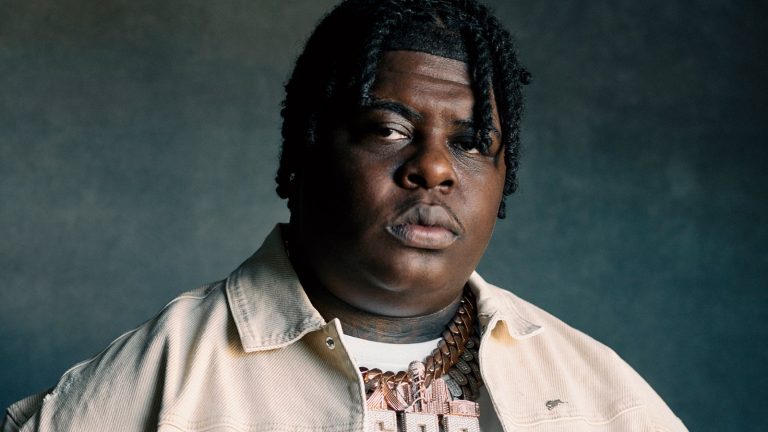Rufus Wainwright spoke out against Donald Trump playing his cover of Leonard Cohen’s “Hallelujah” at a campaign event last night the “height of blasphemy,” in a statement shared with Rolling Stone.
“The song ‘Hallelujah’ by Leonard Cohen has become an anthem dedicated to peace, love and acceptance of the truth,” Wainwright said. “I’ve been supremely honored over the years to be connected with this ode to tolerance. Witnessing Trump and his supporters commune with this music last night was the height of blasphemy.”
“Hallelujah” was one of several songs played during Trump’s strange campaign event, which was supposed to be a Q&A with South Dakota Governor Kristi Noem. But after multiple attendees required medical attention, Trump decided to nix the conversation and just listen to music instead. The playlist also included longtime Trump favorite, “Y.M.C.A.,” tracks by Elvis and Sinead O’Connor, and Oliver Anthony’s “Rich Men North of Richmond” (per The New York Times).
Wainwright continued: “Of course, I in no way condone this and was mortified, but the good in me hopes that perhaps in inhabiting and really listening to the lyrics of Cohen’s masterpiece, Donald Trump just might experience a hint of remorse over what he’s caused. I’m not holding my breath.”
A rep for Cohen’s publishers, Sony Music Publishing, declined to comment. (A previous version of this story included a report that Sony had issued a cease-and-desist letter to the Trump campaign, but Rolling Stone has since learned that was incorrect.)
This isn’t the first time “Hallelujah” has been at the center of one of these battles, either. Back in 2020, the song was played during the fireworks portion of the Republican National Convention, prompting the Cohen estate to issue a statement saying they were “surprised and dismayed that the RNC” went ahead with using the song even though the Cohen estate had “specifically declined the RNC’s use request.”
(The estate’s lawyer also quipped, “Had the RNC requested another song, ‘You Want it Darker,’ for which Leonard won a posthumous Grammy in 2017, we might have considered approval of that song.”)
This story was updated at 2:39 p.m. ET to correct an error regarding Leonard Cohen’s publishing company.




Leave a Comment